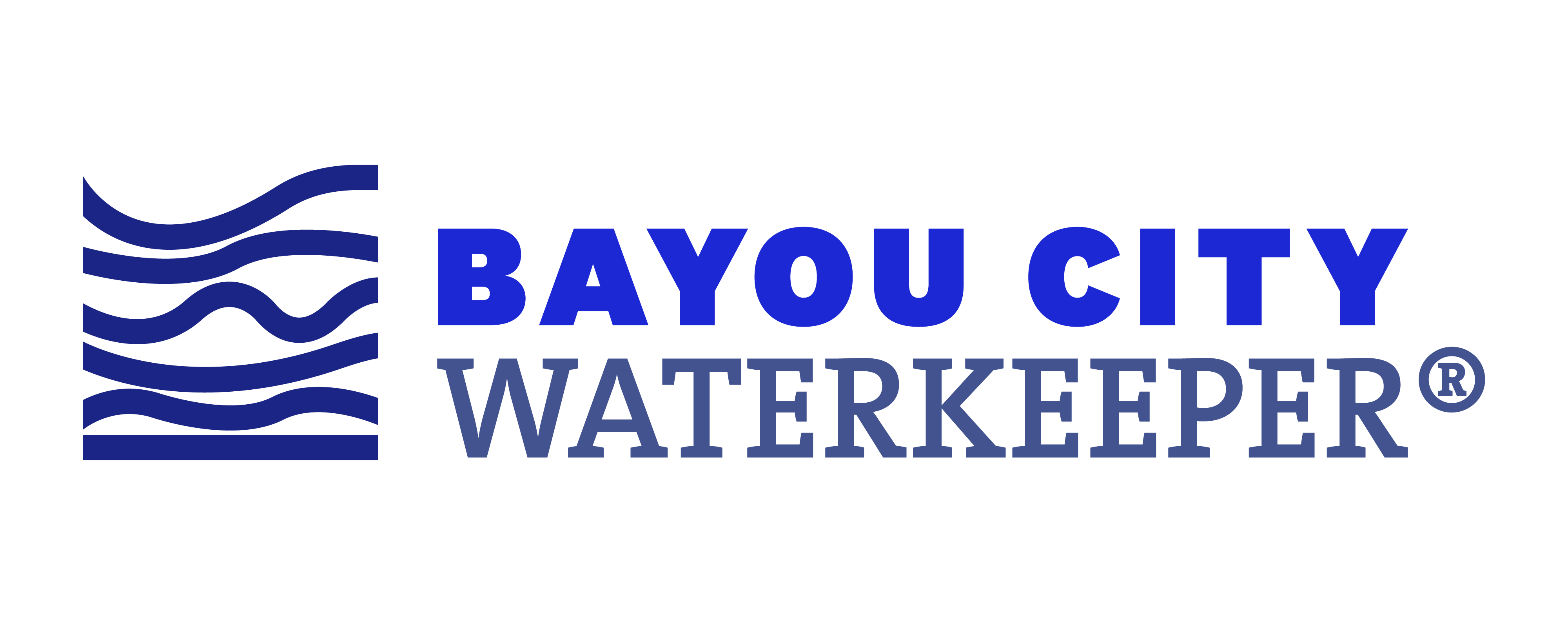As a founding member of the Surge Forward coalition, we have raised concerns about the Ike Dike and focused on pressing alternatives that center community priorities and the ecosystems that make our region special. At the end of last year, the Ike Dike project seemingly stalled out after cost estimates ballooned to $57 billion. As the project has remained a priority for the Army Corps and Gulf Coast Protection District, charged by the Texas legislature to raise the approximately $20 billion representing the local cost share, the work of the Surge Forward coalition continues. Below we share highlights from our work from the past year, along with a preview of what is to come in 2025.
Highlights from 2024: Building partnerships with coastal advocates nationwide and strengthening federal and state policy
In 2024, the Surge Forward coalition moved our collective priorities forward by building new relationships with advocates in New York, New Jersey, Virginia, and Miami confronting their own Army Corps-led infrastructure mega-projects. This effort culminated in detailed recommendations for how the Army Corps and Congress may adopt policy reforms to avoid further widespread flood loss and damage, rather than spending more than $170 billion on mega-projects nationwide that fall short of addressing climate risks, including the Ike Dike. Our coalition partner Joanie Steinhaus, the Galveston-based Gulf Program Director for Turtle Island Restoration Network, contributed perspective based on our work in Texas in a webinar hosted by Columbia University in November. Read the policy brief and watch the webinar.
The Surge Forward coalition further engaged with governmental processes with influence over the Ike Dike and coastal climate infrastructure planning. In April, Bayou City Waterkeeper submitted comments to the Army Corps’ rare revision of its internal practices. The Army Corps’ revision, which has not yet been finalized, looks promising in several respects: in how it may benefit impacted communities, result in better outcomes for ecosystems and floodplains, and improve the Corps’ ability to plan water resource projects to account for the full scope of impacts in a watershed, including the impacts of climate change. Our comments focused on strengthening the Army Corps’ proposed guidance to better reflect its legal mandate to protect and restore ecosystems and floodplains and to make environmental justice a priority. In detailed comments submitted to the Texas Water Development Board, both National Wildlife Federation and Bayou City Waterkeeper emphasized the need for nature-based approaches to statewide flood planning. NWF also revealed a set of nature-based approaches for protecting Galveston in its Climate Resilient Galveston report, better illustrating our coalition’s position that we should prioritize investments that work with nature.
Bayou City Waterkeeper’s 2023-2024 Artist-in-Residence Fred Schmidt-Arenales finished and exhibited his three-panel film centered on the bureaucratic and opaque processes undergirding the Ike Dike proposal at the Storefront Center for Art & Architecture in NYC, Galveston Artist Residency, and the University of Texas at Austin’s Visual Arts Center. Our Sr. Legal Director Kristen Schlemmer participated in a panel centered on his film in Austin last month, as well as a panel hosted by Texas Tribune focused on the risks posed by industrial facilities that are not adequately addressed by the Ike Dike.
Looking forward to 2025: Expanding advocacy for better state and national policy and centering community priorities
Building on our state and policy work from the past year, the Surge Forward coalition will start 2025 by getting ready for the 2025 Texas legislative session. We’re closely monitoring bills related to the Ike Dike, including HB 1089, which would create a gulf coast protection account to be administered by the General Land Office. In the new year, we will share opportunities to act as they arise.
Surge Forward is a coalition of local and regional community organizations in the Houston-Galveston Region committed to advocating for better solutions than the proposed Ike Dike, also known as the Coastal Barrier. We focus on promoting alternative approaches to coastal resilience, such as nature-based solutions, and addressing the specific needs of coastal communities. Learn more.
